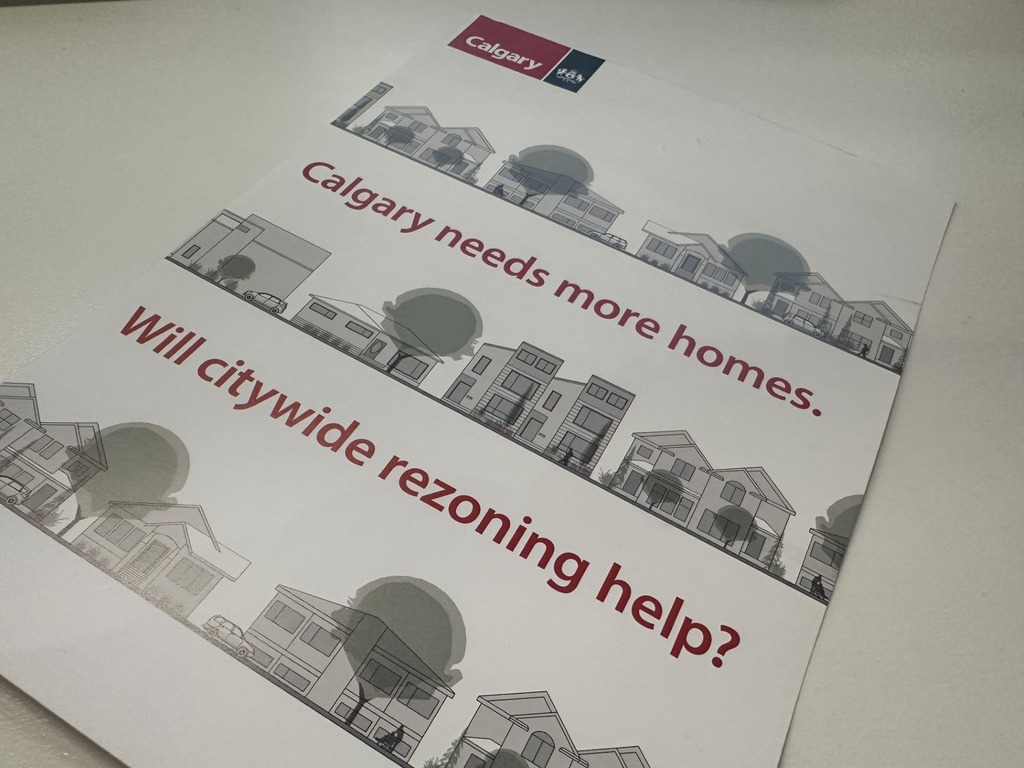The Big Story: We need science for everything, so why don’t we trust it?
Posted Sep 24, 2018 8:36 am.
This article is more than 5 years old.
An annual survey by the Ontario Science Centre finds a startling contradiction among Canadians: Almost all of us believe science benefits us, and a large majority say we need it to solve the problems of the future — but a growing number of us feel threatened by it, or even categorize it as opinion.
When you read a Facebook post on a miniature wireless computer held in the palm of your hand, and that post tells you vaccines cause autism…that’s the kind of contradiction we’re dealing with.
Scientific advancement has been the hallmark of modern civilization, and we need it now more than ever. So where does the mistrust come from, and why is it growing? More importantly, how can we explain science in such a way that people see it as reliable and believable, rather than as a set of findings that can be written into screaming headlines and used to sway emotions?
Dr. Maurice Bitran is the CEO of the science centre, and he joins ‘The Big Story’ podcast to talk about what we’re getting wrong when we talk about the latest study.
“The survey is an online survey across Canada. Fifteen hundred Canadians of all different socioeconomic groups answered a battery of questions.. We’re trying to take the pulse of the attitudes of the population about science and technology.”
He says today, is more of a concern that fake news may be affecting the way we understand the world, “because of the bombardment of certain information from different sides. That showed an increase of about five points.”
Before the survey even began, Bitran was concerned that more people may believe science was more opinion than fact-based.
“If you recall, National Geographic, a few years ago, published something… ‘The war on science’ was the cover title. People linking autism to vaccinations — the movement not to vaccinate kids.”
You can hear the full episode and subscribe to The Big Story podcast on iTunes or Google Play.
You can also hear it online at thebigstorypodcast.ca.
He says we, as a society, depend on science for almost everything these days, but people seem to trust it less. “It’s important that we need to pay attention to the level of anxiety about implementation of new technologies. Sixty-two per cent are concerned about artificial intelligence, 60 per cent about large-scale automation — including self-driving cars.”
Bitran points out not all of these concerns are unreasonable.
“I mean, if you think about the consequence of, let’s say, artificial intelligence and large-scale automation on the future of work? What’s it going to mean for ourselves and our children? That’s something we need to have a conversation about. It will have profound societal impacts.”
But he is worried about some people’s movement away from science.
“Nineteen per cent of those consulted think that there is a relationship between vaccination and autism, although this has been shown to be a fraudulent result. I’m concerned that new parents are not going to vaccinate their children. That’s a reason for concern.”
He thinks people in sciences need to do a better job of explaining what exactly science is. “Move away from science as a collection of information, but science as a method to interrogate nature.”
“The scientific method — which we all apply in our lives — is we start with a question. We test that question with experiments and we repeat it until we find results. The results are valid until the next experiment that may show something different. If we have a better understanding of the scientific method from school on up, people will be better prepared to understand, be critical of results… and put the right amount of confidence on the different results that we see.”










